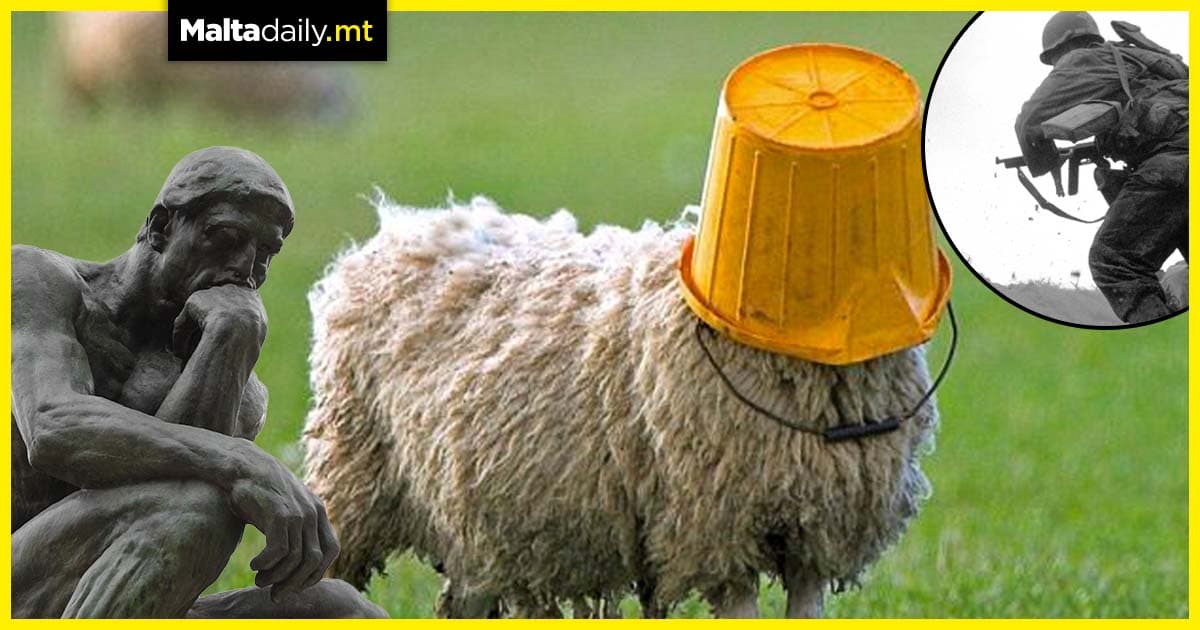3 philosophical puzzles to wreck your mind upon

Philosophers throughout history have come up with thought experiments to test their wit, logical thinking skills and even the very foundation of how they know anything at all. These following puzzles are meant to illustrate just how complicated things like ethics, morality, and basic knowledge can be.
Imagine you are looking over a hill and you see a creature which looks like a sheep. You form the belief and say ‘There is a sheep in the field’. It turns out that the object you see is actually a very fluffy dog, but by coincidence, there actually happens to be a sheep further away. Are you correct or are you wrong?
This is called a Gettier case, and it operates to ask ‘how do we know anything at all? For most of philosophical history, knowledge was defined as ‘justified true belief’ – you were justified in your belief of there being a sheep and it was ’true’ that a sheep happened to be across the field. And yet, you weren’t stating this about a sheep, but a dog. So are you right or wrong?
Suppose there was a ship owner who knew that his vessel was old and hasn’t been inspected in a very long time. Now this ship has been scheduled to make a transatlantic voyage and the owner worries it might not make it. However, since fixing the ship would take a lot of work, he convinces himself to go ahead with the voyage.
Many would agree that if the ship sank, the owner would have been guilty of killing the entire crew. However, the philosopher who came up with this idea, W.K. Clifford, said that he would have been guilty even if the ship made it safely. This is because he was guilty of accepting a belief without sufficient evidence, whether it lead to good or bad outcomes. What do you think?
Imagine a young man who is at a crossroads in his life – he could join the military during a war or stay at home and care for his elderly mother. He wanted to do both – fighting for his country, he would be a small part in a big cause. Helping his lonesome mother would make him a big part in a small cause. Which should the man undertake when faced with such options?
This is a question posed by existentialist philosopher Jean-Paul Satrtre. As an existentialist, the point to this question is that there is no answer. Whatever the man chooses, that is what matters. No moral philosophy would help him decide because no one else’s advice would make his decision ‘authentic’.
These philosophical questions aren’t easy to chew – they have been the source of much debate over the years. Some will claim to have figured them out, whilst others leave them open to more interpretation. You can even create your own Gettier cases for example or relate them immediately to your own life. Or they can just be something you can debate over next time your friends are over.
#MaltaDaily


